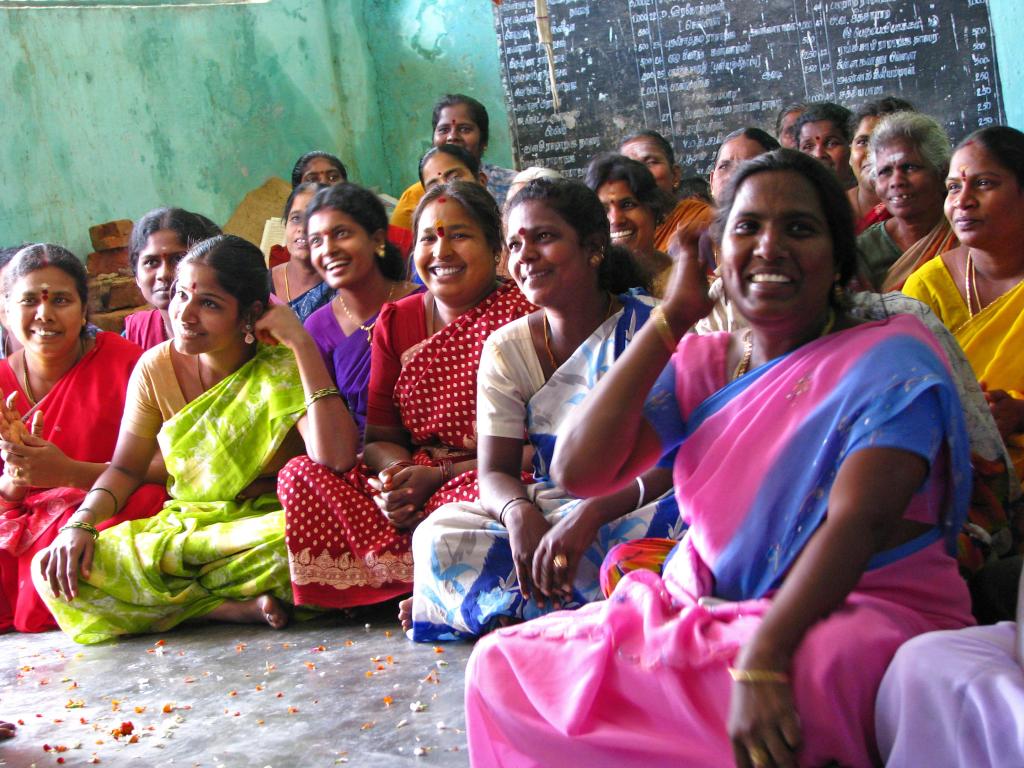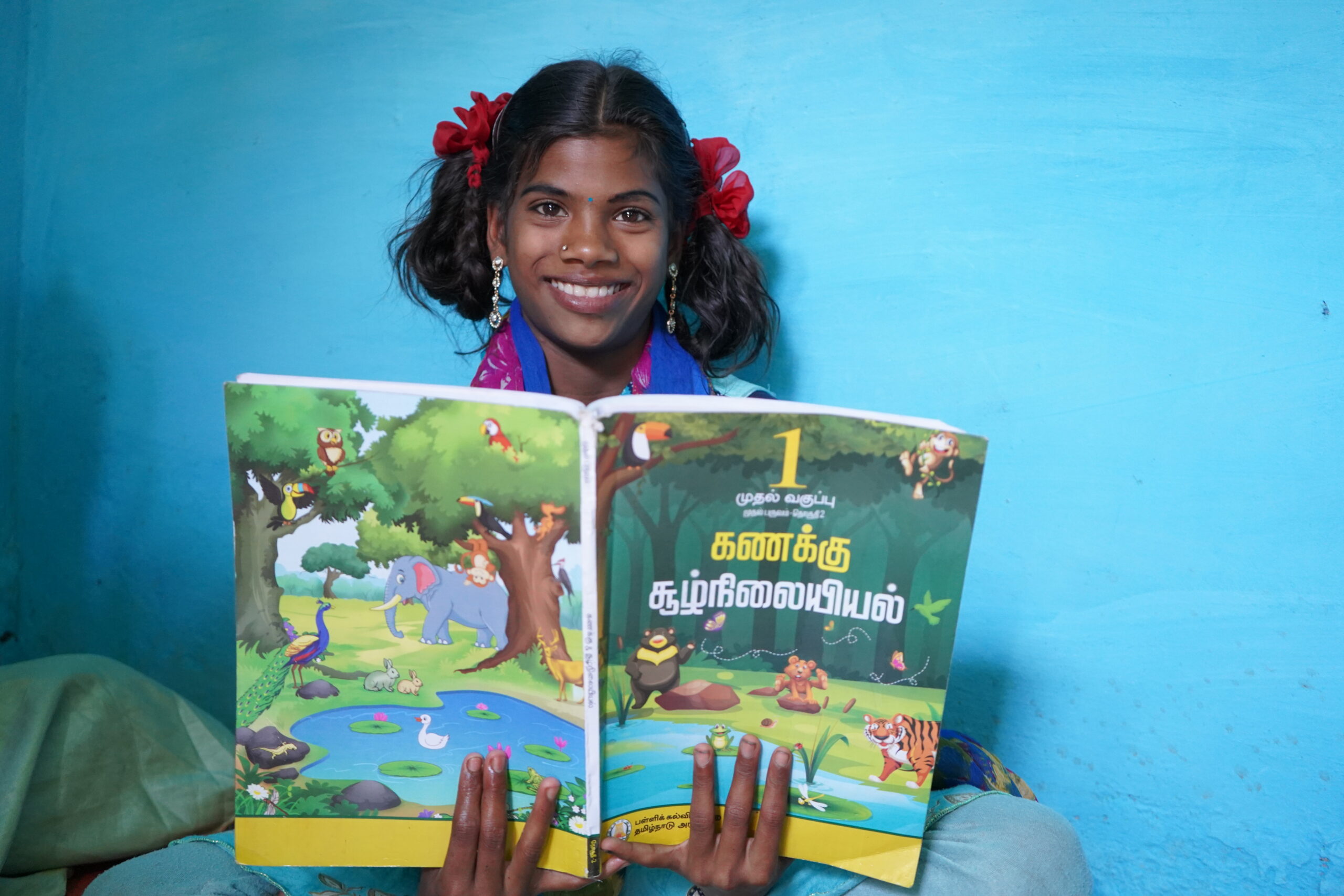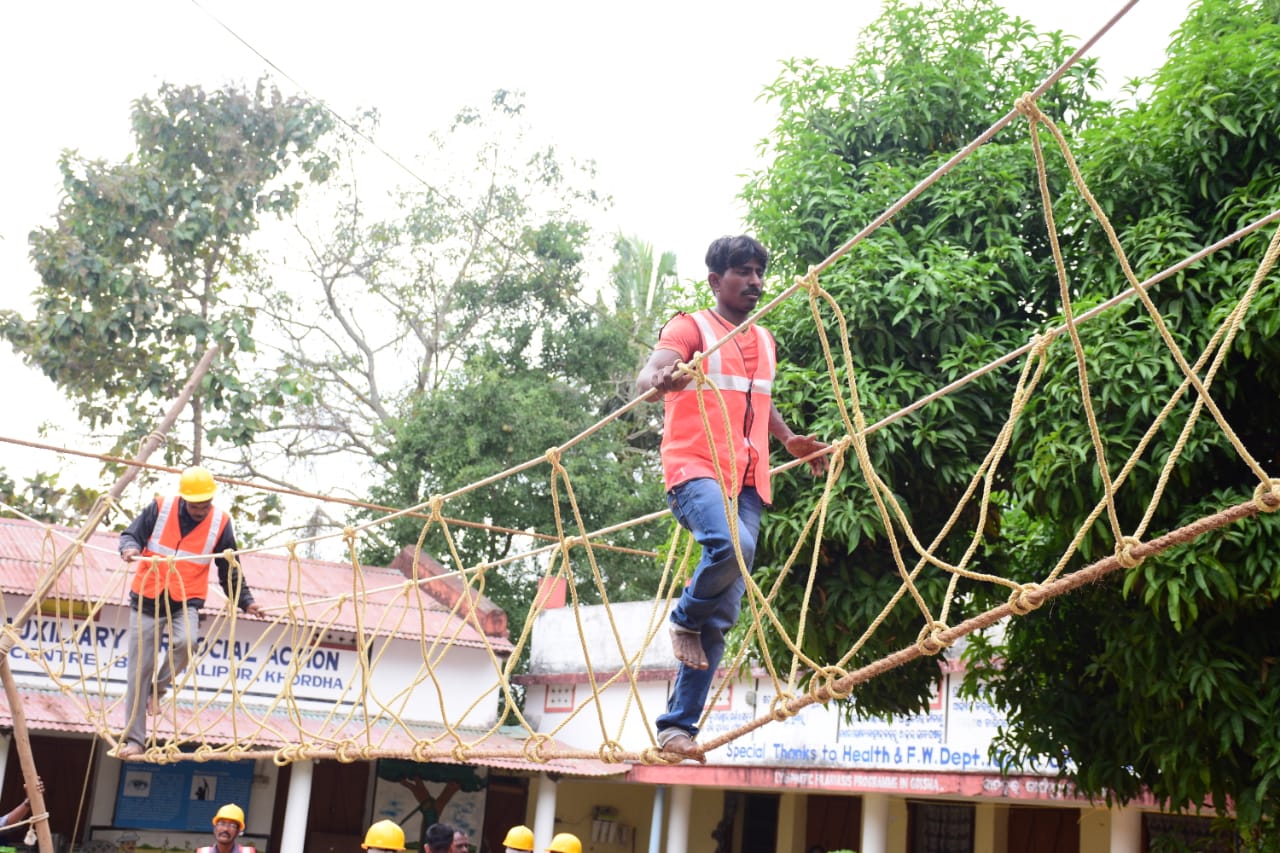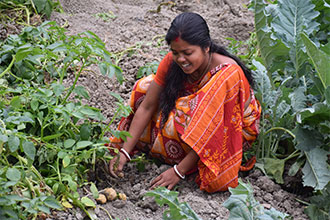CASA BLOGS

How Self-Help Groups Promote Leadership Values
Millions of women in our hamlets understand what it is to be unemployed. If you give them access to economic activity, you give them access to power and self-confidence, which they haven’t had before, according to Mahatma Gandhi. Despite India’s multifaceted expansion since then and the almost 100 years that have passed, his worries are still pertinent today. Despite accounting for over half of India’s 1.2 billion population, women are disproportionately underrepresented in economic activity and decision-making, as well as in access to resources for health, nutrition, education, and other necessities. The low rates of female labour force participation—India recorded a paltry 22.3% in 2021 compared to 30.3% in 1990—show how excluded and discriminated women are.
Economically weaker groups have seen a severe loss of jobs and income in the context of the growing priority given to innovation, technology, and self-sustenance, especially in a post-covid period. Even while women can help with household economics, they frequently lack the agency to take part in decisions about sources of income, which frequently pushes their families dangerously close to poverty. Female engagement in the economy is still essential to India’s standing in the world, especially since the nation is on the verge of a significant shift in terms of changing employment prospects, urbanisation, and innovation. Even though there are 432 million working women worldwide, 343 million do not have official jobs that are compensated.
An estimated 324 million of them are not in the labour force, and an additional 19 million are but are not working. As a result, the formal economy either fails to take into consideration the nature of women’s employment or women are prevented from accessing formal employment because of existing socio-cultural complications. Even though we live in a deeply patriarchal culture, women’s access to chances and economic progress are constrained in comparison to men’s, due to the prevalent tradition of female home responsibilities and social shame.
Entrepreneurship is a creative and practical strategy for overcoming societal stigmas associated with employment and giving women the agency to escape the chains of servitude. The Mudra Yojana, Udyogini Scheme, Annapurna Scheme, and Stand Up India are just a few of the several government initiatives that have been put in place to increase women’s participation in the entrepreneurship ecosystem. The organisation of funds continues to be the major obstacle for women entrepreneurs in India, despite efforts to improve their business climate. Even though the family may have disposable means, its dominant members frequently refuse to help a woman realise her goal of financial independence.
Even if women successfully apply for loans, the property used as collateral is frequently kept in their spouse’s name, another barrier to starting a business. In addition to societal stigmas, lack of financial access prevents women from achieving their goals and reduces their chances of independence by increasing their social agency or mobility.
Self-help groups (SHG) can serve as a link between women entrepreneurs who have the desire to start a business but lack the means to realise their goal and the money needed to do so. A small group of women who join together to contribute money regularly make up a SHG. SHGs, which are becoming significant microfinance systems, serve as forums for women to unite around concerns of health, nutrition, gender parity, and gender justice. By increasing their abilities and allowing them to participate in various entrepreneurial activities, SHGs have already significantly contributed to developing entrepreneurial aptitudes among rural women.
SHGs offer microloans to female entrepreneurs to maintain their enterprises while also providing a setting where they may improve their agency and decision-making abilities. Self-help organisations are incredibly important now since they offer microloans that give women equal access to resources while overcoming geographical inequalities and information asymmetries. The multifaceted IFMR research by the ministry of rural development analysed the influence that SHGs have had on livelihoods, and consequently on consumption, expenditure, and saving patterns in families where women are present. According to the study, women who received support from SHGs were 10% more likely to regularly save money, resulting in economic empowerment and striving to provide a better future for future generations.
In their quest to become aatma nirbhar, or self-sufficient, women now have a crucial feeling of self-assurance because of the revolutionary momentum that SHGs have produced. Companies and charities worldwide have created SHG-led projects to assist women in achieving economic empowerment due to their awareness of their essential role. By utilising SHGs like CASA and other relevant stakeholders, initiatives like the EmpowerHer campaign, for instance, have concentrated on women entrepreneurs in areas like Rajasthan and Maharashtra. SHGs are one of India’s most crucial resources for women to attain socio-economic independence, with mortgage-free microloans at the heart of the trust they develop with their recipients.
 Previous Blog Post Daan Utsav: Earning Smiles Through Giving
Previous Blog Post Daan Utsav: Earning Smiles Through GivingFeatured Post

Empowering Rural Education in India:
14 Mar 2024
Introduction: In the vast tapestry of India, education is the key to unlocking the door to a brighter future. However, the challenge of providing quality education to the rural parts of the country persists. In this blog post, we will delve into the crucial role that Non-Governmental Organizations (NGOs) play in bridging the educational gap […]

Empowering the Future: Disaster Management Training for School Children in Disaster-Prone Areas
22 Feb 2024
Introduction: In the face of increasing natural disasters worldwide, it becomes imperative to equip our younger generation with the knowledge and skills necessary to handle emergency situations. Children, being one of the most vulnerable groups during disasters, can greatly benefit from disaster management training. This blog explores the significance of imparting such training, with a […]

Empowering Women: Transforming Lives Through Sustainable Livelihoods in Rural India
16 Feb 2024
Introduction: In the heart of rural India, a silent revolution is taking place as women embrace newfound opportunities for sustainable livelihoods. This transformation not only uplifts individual lives but also contributes to the overall development of communities. At [Your Organization’s Name], we are committed to driving positive change by providing women in rural India with […]




Leave a Reply
You must be logged in to post a comment.